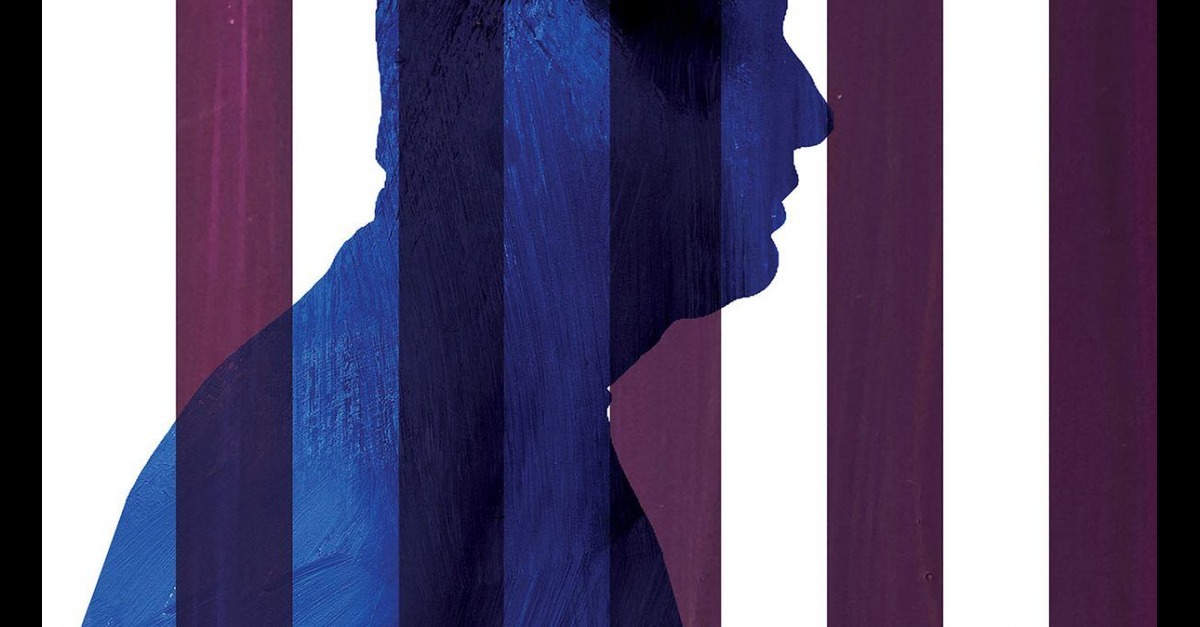Case Information: Wahid Vs. State of NCT of Delhi
Case No: Criminal Appeal No.201 of 2020
Date: February 04, 2025
Judgment by: Justice Manoj Mishra
Facts
The case has been presented of Wahid who was convicted for the offence under Sections 392 and 397 of the IPC for robbery in which he is alleged to be armed with weapon. The Trial Court sentenced him to seven years of rigorous imprisonment along with a fine.
An appeal to the Delhi High Court was rejected, and he appealed to the Supreme Court, challenging the validity of the evidence and accusing the system of miscarriage of justice.
Issues
- Was the evidence produced by the prosecution sufficient to convict Wahid beyond any reasonable doubt?
- Whether the lower courts rightly assessed the evidence led during trial?
Legal Provisions
Section 392 IPC – Punishment for robbery
Section 397 IPC – Robbery or dacoity with an attempt to cause death or grievous hurt
Section 25(1) of the Arms Act– Punishment for illegal possession of arms
Arguments of the Appellant (Wahid)
The defense questioned the credibility of the prosecution case on the grounds that:
Wahid’s arrest and the prosecution version were suspicious and not supported with clinching evidence.
The lower courts overlooked inconsistencies in the evidence, leading to an unjust conviction. The case was based on suspicion rather than solid, irrefutable proof.
Arguments by the State (Respondent)
The prosecution defended the conviction, stating that:
The evidence was sufficient to establish Wahid’s guilt beyond a reasonable doubt.
Both the Trial Court and the High Court had properly analyzed the evidence before convicting him. There was no reason to interfere with the findings of the lower courts.
Supreme Court’s Analysis
A close examination of the case revealed serious gaps in the prosecution’s version. The Court observed that:
The circumstances surrounding Wahid’s arrest were suspicious, casting doubt on the entire case. The lower courts had not given due consideration to the inconsistencies in evidence. In criminal law, if reasonable doubt exists, the benefit must go to the accused.
Final Judgment
The Supreme Court overturned Wahid’s sentence and conviction, upholding that the evidence against Wahid was inadequate to warrant his imprisonment. The Court again noted that convictions could not be derived from suspicion and that a person accused is entitled to be tried on credible and substantial evidence.
Conclusion
Judgment reminds one of the necessity of fair trials and the presumption of innocence. Courts have to ensure that convictions are made on compelling evidence, not assumptions or procedural lapses. In cases of doubt, the system of justice has to be on the side of caution, protecting individual rights and ensuring the principles of due process.
“PRIME LEGAL is a full-service law firm that has won a National Award and has more than 20 years of experience in an array of sectors and practice areas. Prime legal falls into the category of best law firm, best lawyer, best family lawyer, best divorce lawyer, best divorce law firm, best criminal lawyer, best criminal law firm, best consumer lawyer, best civil lawyer.”
Written by OUM NARANG


